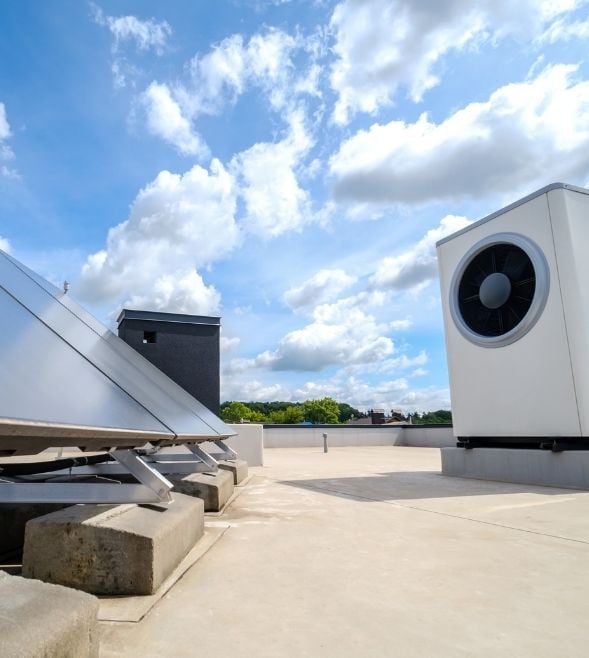
In addition to the adjusted timelines, the Commission has proposed further amendments. For downstream operators and traders, the proposal asks to register the supplier and customer of products in scope of EUDR, plus the reference numbers of due diligence statements or -declarations, in the EU Information System. This is significant simplification compared to earlier rules. For micro and small primary operators from low-risk countries, one simplified due diligence declaration will be required.
While IT readiness was initially cited as the explanation for the proposed changes, the proposal also reflects broader political dynamics. With the EU pursuing a deregulation agenda, there is a possibility that the EUDR’s requirements could be further simplified or amended when going through European Parliament and the European Council..
Why EUDR matters
The EUDR is a cornerstone regulation of the European Green Deal, designed to ensure that key commodities entering the EU, such as cocoa, coffee, palm oil, soy, rubber, cattle, and wood, do not contribute to deforestation or forest degradation. Companies must trace supply chains back to origin and submit due diligence statements attesting to compliance with deforestation-free and legal production requirements before placing products on the EU market.
Despite the proposed delay, the stakes remain high. Deforestation is a key driver of global CO2 emissions: land use change, including deforestation, is responsible for 12-20% of global greenhouse gas emissions. In 2017, Europe was responsible for about 16% of deforestation associated with international trade, making EU trade and consumption a significant driver of deforestation globally.
What the proposal means for companies
The proposed amendments highlight the challenges companies face amid ongoing regulatory uncertainty. Effective planning and decision-making become increasingly difficult with compliance timelines and requirements again unclear. Repeated postponements risk undermining the EU’s credibility, raising concerns about the predictability of its regulatory agenda and the commitment to key initiatives such as the European Green Deal.
Despite the continued regulatory uncertainty, the fundamental direction of the EUDR remains unchanged: companies will need to demonstrate deforestation-free supply chains once the regulation enters into force. Continued preparation remains essential, albeit with a more strategic focus. Even with the postponement, companies can and should take “no-regret” actions: measures that strengthen their compliance readiness and improve their societal impact regardless of EUDR timing by implementing the following:
- Map your supply chain: Mapping your supply chain provides critical insight into your exposure to deforestation and helps identify high-risk areas. Beyond compliance, detailed supply-chain mapping supports broader ESG efforts such as emission reduction and value chain impact assessments.
- Engage your suppliers: Assess their readiness and work together to enhance traceability and data quality. This will enable a more agile and effective response to changing regulations and minimise risk amid legal uncertainty.
- Integrate EUDR into your broader strategy: Align compliance efforts with overall sustainability and business objectives to transform regulatory requirements into opportunities for long-term value and competitive advantage.
Our experience advising clients on EUDR preparation demonstrates that targeted, proactive action is the most effective way to manage regulatory uncertainty. Companies that maintain their preparation efforts now will mitigate compliance risk, strengthen their market credibility, and build resilience in the transition to deforestation-free supply chains.
Would you like to know more?
If you have any questions about the impact on your organisation and the compliance this will trigger in due course, feel free to contact our experts for help.








